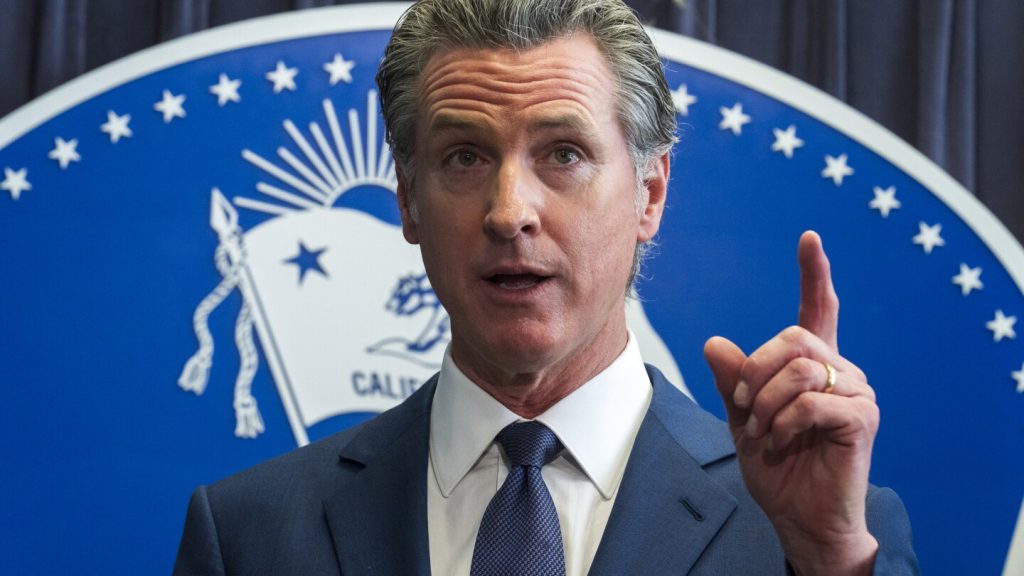California Governor Gavin Newsom signed two new proposals on Sunday to protect minors from the misuse of artificial intelligence tools that generate harmful sexual imagery of children. These laws aim to close legal loopholes around AI-generated child sexual abuse images and make it clear that child pornography is illegal even if it is AI-generated. The new laws received overwhelming bipartisan support and are seen as significant steps in regulating the AI industry in the United States. The efforts to regulate AI technologies come as they increasingly affect the daily lives of Americans with little oversight.
Democratic Assemblymember Marc Berman, the author of one of the bills, emphasized the importance of making child sexual abuse material illegal to create, possess, and distribute in California, whether the images are AI-generated or of real children. The legislation also strengthens laws on revenge porn, making it illegal for adults to create or share AI-generated sexually explicit deepfakes of a person without their consent. Social media platforms are now required to allow users to report such materials for removal. However, some critics, like Los Angeles County District Attorney George Gascón, believe the penalties for sharing AI-generated revenge porn should include minors under 18 as well, not just adults.
The issue of deepfakes, particularly those involving child sexual abuse material, has become a growing concern as the technology to produce such content becomes more accessible and easier to use. This has prompted swift bipartisan actions in nearly 30 states to address the proliferation of AI-generated sexually abusive materials. In a recent case, a school district in Beverly Hills expelled five middle school students for creating and sharing fake nudes of their classmates. Newsom has positioned California as an early adopter and regulator of AI technology, with plans to deploy generative AI tools for various applications. The state is also considering new rules against AI discrimination in hiring practices.
Earlier this month, Newsom signed two other bills aimed at strengthening laws on revenge porn to protect women, teenage girls, and others from sexual exploitation and harassment facilitated by AI tools. These laws make it illegal for adults to create or share AI-generated sexually explicit deepfakes without consent and require social media platforms to allow users to report such materials for removal. San Francisco also brought a first-in-the-nation lawsuit against websites that use AI tools to undress any photo uploaded to the site within seconds. Experts warn that the problem of deepfakes is escalating, with an increase in AI-generated child sexual abuse material using depictions of real victims or virtual characters.
The impact of AI-generated sexually abusive materials extends beyond the creation and distribution of harmful content, as it can have negative consequences for victims who are depicted in these deepfakes. The laws signed by Newsom aim to provide legal protections and consequences for those who engage in the creation and dissemination of AI-generated abusive material. By closing legal loopholes, regulating revenge porn, and setting guidelines for social media platforms, California is taking proactive steps to address the challenges posed by the misuse of AI tools in generating harmful content. These efforts reflect a broader trend of states across the country enacting legislation to combat the proliferation of AI-generated sexually abusive materials.


